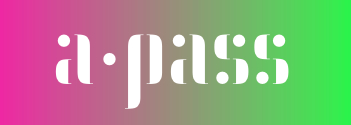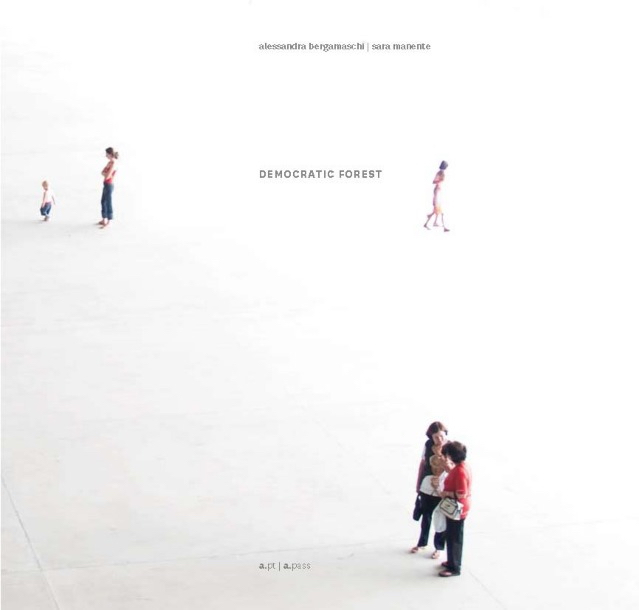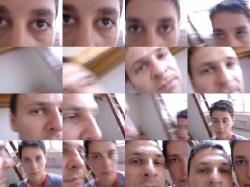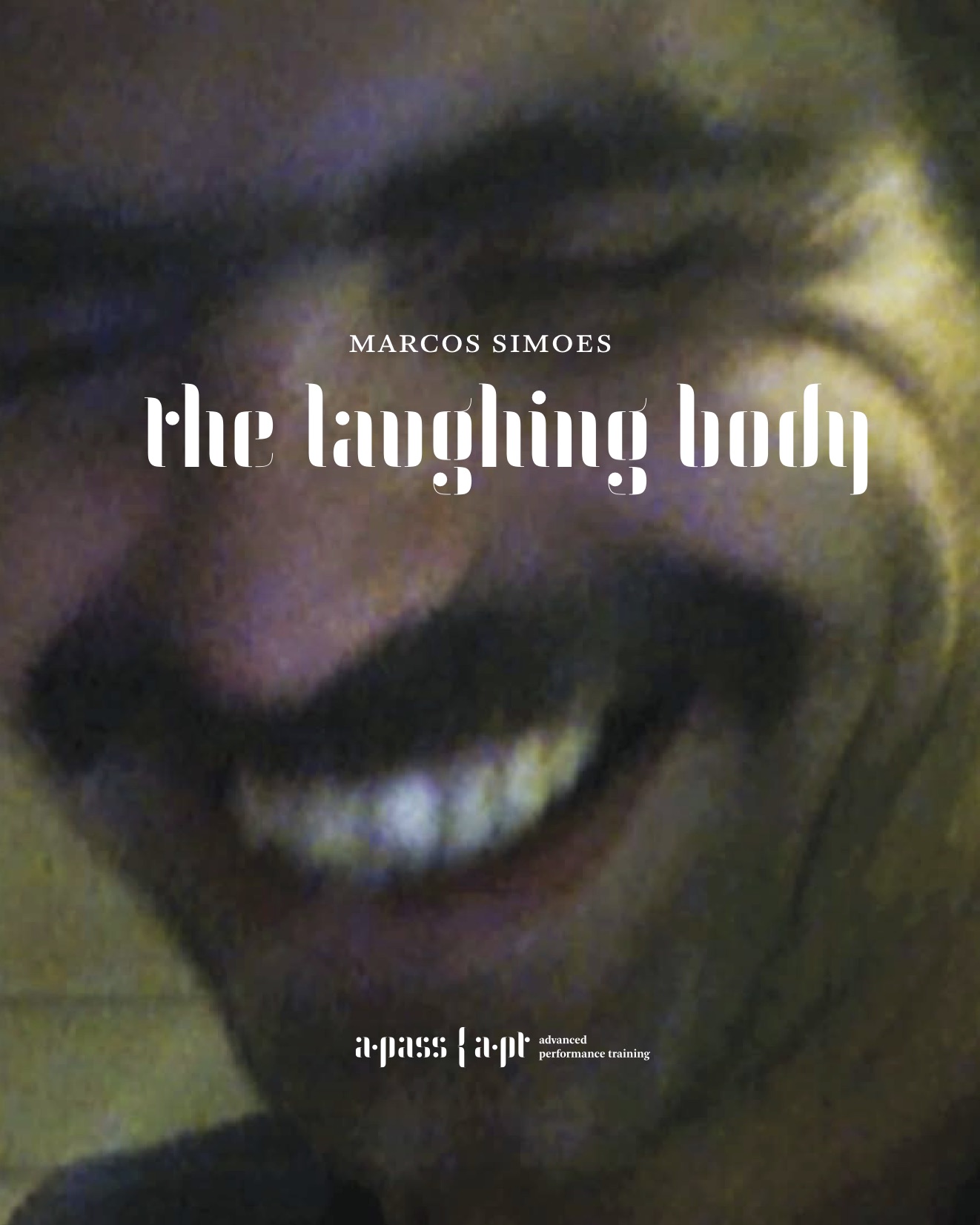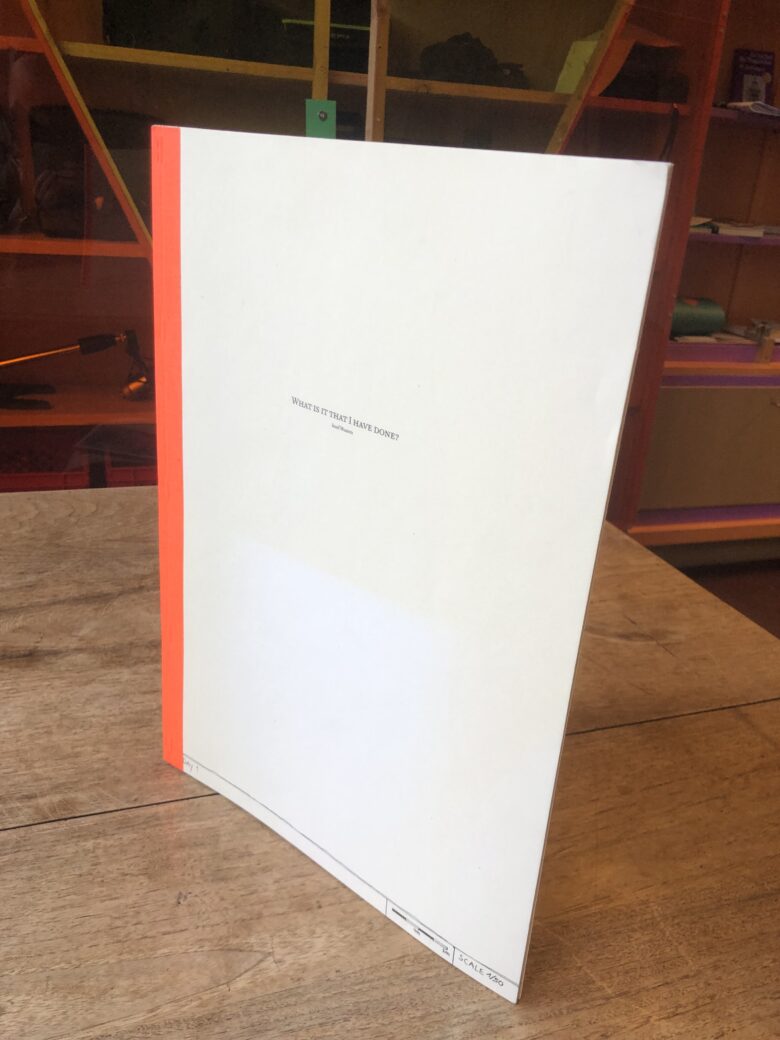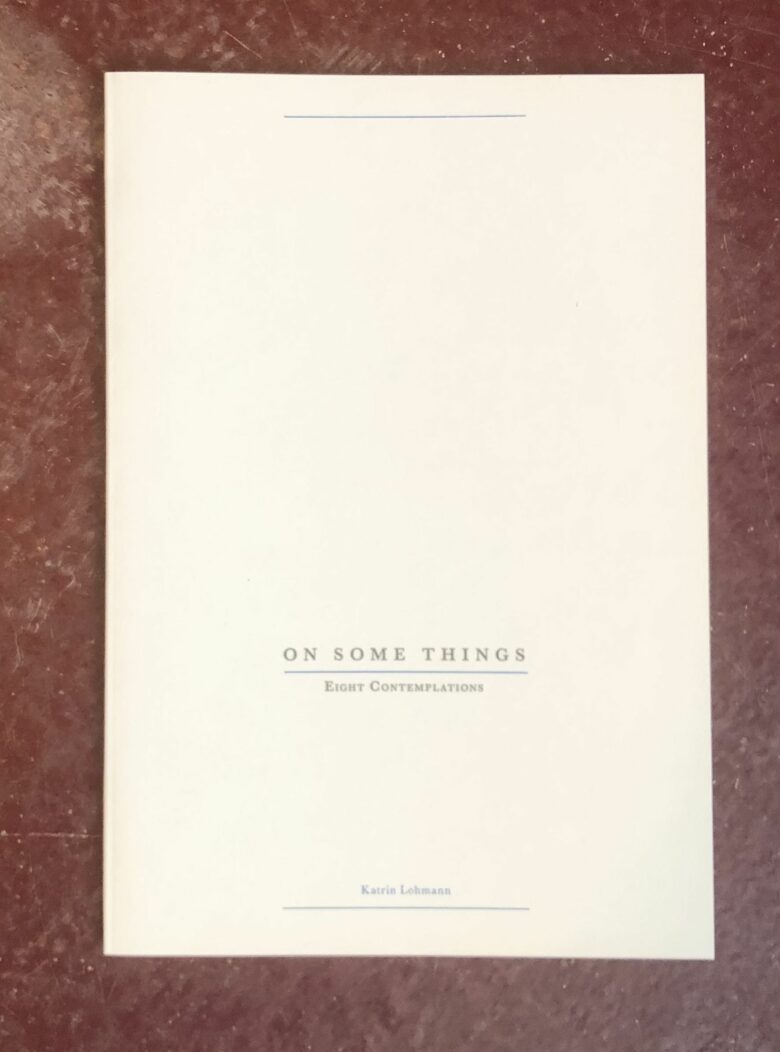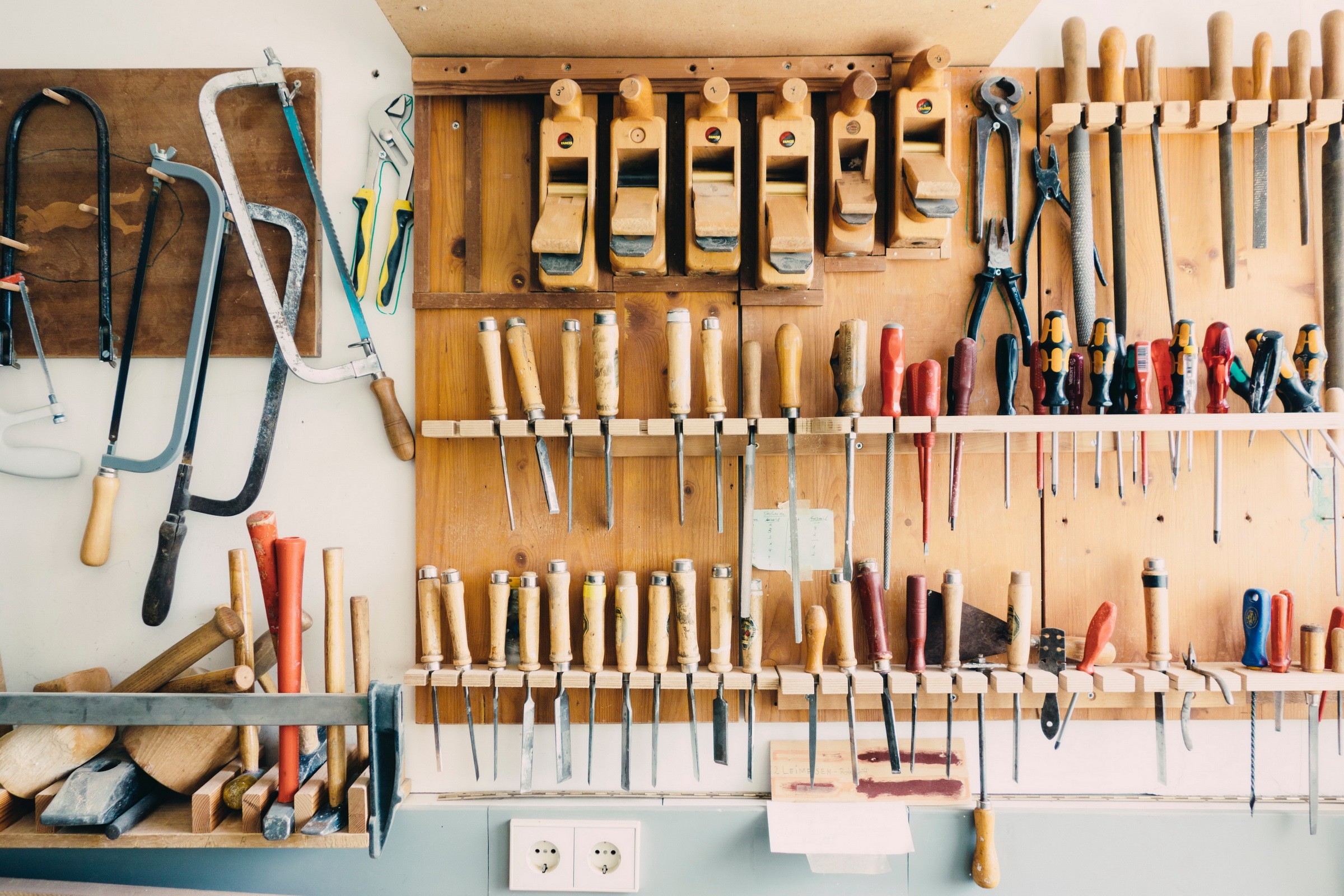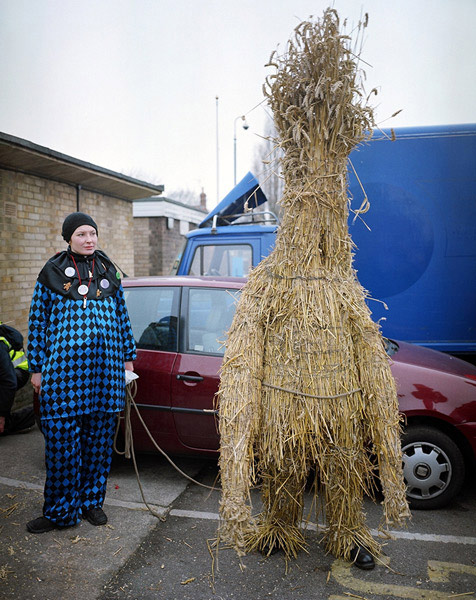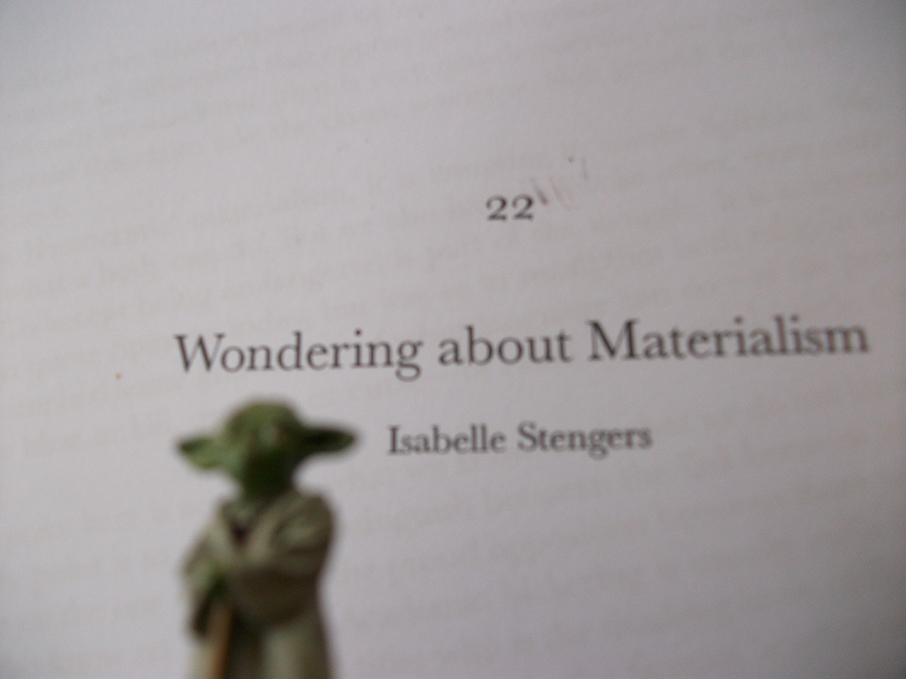postgraduate program, research center
2011 BLOCK II
1 April-31 July 2011
Researchers Participants in the Postgraduate Program
Abhilash Ningappa
Carlotta Scioldo
Caroline Daish
Iris Bouche
Leonie Kuipers
Marilyne Grimmer
Philippe Severyns
Rodolphe Coster
Timothy Segers
Veridiana Zurita
Vicente Arlandis
Research End Presentations
Alessandra Coppola
David Zagari
Michiel Reynaert
Partners
Sarma
Nadine
De Singel
Contributors for workshops
Adva Zakai
Dries Verhoeven
Elke van Campenhout
Koen Tachelet
Lilia Mestre & Els Viaene
Nicolas Galeazzi
Pierre Rubio
Vladimir Miller
Coordinators a.pass
Bart Van den Eynde
Elke van Campenhout
01 – 30 / 04 / 2011
‘CURATING AS ENVIRONMENTALISM’
salon about curating in the performing arts curated by Adva Zakai and Elke Van Campenhout
How is the notion of curating transformed from its visual arts context into a more collaborative and performative gesture? Are there projects in the contemporary performance scene that are exemplary for a re-thinking of curating as environmentalism? From this starting point, the one month salon on curating in the performing arts was developed. On the basis of the online article “Curating as Environmentalism”, people were invited to gloss the text, highlight fragments, and add other texts, images, links and thoughts. The original text faded out day by day, until what was left were the parts readers chose to highlight and the references they attached to them. The added material then was the inspiration for the live salon in the workspace Nadine in Brussels.
Contributors to the event were Deufert & Plischke, Nicolas Galeazzi, Elke van Campenhout, Adva Zakai, Raimundas Malasaukas and Jeroen Peeters.
The event was produced by Sarma, Nadine and a.pass Research Centre.
“Curating as Environmentalism” as a paper publication is available.
09 – 13 / 05 / 2011
‘SPECULATIVE WORKSHOP’
workshop by Nicolas Y Galeazzi
Research always is performative; not many performances, though, are researchive. More so, seeing performance as means of research is inverting the common notion of a performance: as a tool for research it is not interested in sending, but in receiving and processing information. The Speculative Workshop is aiming to develop concrete tools and practices based on the above thought. We will look critically at the current debate about artistic research and try to develop personalised theories and practices around the performative aspect of research. The workshop provides the possibility to elaborate your performative research-attitude based on your own research practice. By that we will try to understand what kind of politics of knowledge production these attitudes stand for. The double bind between the affirmed openness of research and the underlying ‘politics’ of its approach is the most important twist to be taken in an artistic research project. Therefore I tend to see this workshop as an experiment in knowledge production. Its structure will have to emerge through the practices you are bringing in. But I will provide (and experiment myself with) some frameworks of reading, discussing and practicing as well as some expeditions in the ‘field’. To start with I would like to experiment on two general approaches, which deal with the constant unknown territory our researches are stumbling into: Speculation as the risky investment into the unknown, and Serendipity as the finding of the un-searched. By copying and abusing scientific research methodologies and confronting them with performative and artistic means, it is my aim to throw another light on the spectrum of what happens if research and performance are thought the same. This workshop is a preparation for the a.pass research conference in September.
16 – 20 / 05 / 2011
‘DUNKELKAMMER’
workshop by Dries Verhoeven & Koen Tachelet
We live in a visual consumption society where our eyes are brutally manipulated. Producers of images force us to attach a economic value to everything visible. They want us to classify the images that haunt us according to that economic parameters. Our self-image is assigned a place in this economy of visual valuation. As we look into the mirror of the other, we judge and adjust ourselves to the image of ourselves produced by the other. The more we make ourselves dependent upon this visual-economic labeling, the more our desires and needs are subjected to the logic of marketing and pornography: both try to penetrate as deep as possible our self-image, in order to order and re-order it, along the mechanism of ‘narcissistic differentiation’: the necessity to differentiate oneself from the others, to be more, better and more competitive. And here is a paradox. People have a deep-rooted need of intimacy, which can only be realised within a non-judging mutual space. A situation of intimacy implies that my gaze is directed towards the other, that the other is not seen as the mirror of myself, as an opportunity to market myself. From the moment that being desirable becomes a goal in itself, intimacy is impossible. Dries Verhoeven & Koen tachelet are preparing the installation Dunkelkammer for the Münchner Kammerspiele. Dunkelkammer questions the world of seeing. What does it mean to see? How does seeing and being seen influence our self-observation and our connection to the other? What happens when this sense is turned off? Those questions will be dealt with in a two-month rehearsal process with 7 blind performers. Dunkelkammer is meant to be an experience for the spectators; the thoughts, feelings, questions and (bodily) sensations of the spectator will be activated and steered by the performers’ actions and words. Crucial element is the space, the varying parameters of distance and intimacy, presence and absence. In the workshop texts by Susan Sontag, Jean Baudrillard, Houellebecq, Beckett, Oliver Sacks and others will be read and discussed. A more practical part of the workshop will deal with exploration of the corporeality of vision and blindness.
30 / 05 – 03 / 06 / 2011
‘ARTIFICIAL REALITIES’
(episode 1 – Displacements and Attachments)
workshop by Pierre Rubio
Often artists and researchers still hold on to the illusory idea of their material having a ‘natural’ ‘essence’. Let us for a moment take some distance from this essentialist and naturalistic approach, let us consider our research projects as artificial constructions, which thus can be problematized and turned into stimulating and productive networks. Artificial Realities aims at a rediscovery of our projects by an (momentary) over-artificialization: first by re-mapping our projects and by doing so understand/capture the strategies of ‘assemblage’ and thus the theories of knowledge which they formulate; and secondly by opening up horizons of possibilities for further developments and speculations. The basic idea is that if one takes distance from one’s own project by ‘moving’ it in unexpected contexts or by ‘translating’ it in non familiar languages, this allows the discovery of new components and new ‘attachments’ that will enrich and stimulate the ‘original’ project. Or in other words: developing an otherness by experiencing and exploring “as if’s” to get out of the over-territorial and locked perception of “our” projects. Let’s re-construct, re-imagine, re-invent “our” substrata. Let’s science-fictionalize “our” “problems” and speculate … cartoons… models for societies… newspapers… fictions… messages for eventual extraterrestrial forms of life… social practices… TV programs… religions… and more. Artificial Realities will develop through different steps: from identification of central issues in the practice, problematization, to several experiences of transfers, translations, displacements, parallax shifts, etc. The workshop includes reading sessions (Bruno Latour’s On the modern cult of the factish gods and Factures/Fractures), individual work, group presentations and discussions.
06 – 17 / 06 / 2011
‘SOUND AS SPACE’
workshop by Lilia Mestre & Els Viaene
Sound as Space proposes to investigate sound as a vehicle to create spaces in spaces. Sound depending on the way it is recorded and diffused, can enable the auditor to immerse in parallel realities. Audio pieces can invite the listeners to combine the view (of the physical space they find themselves in) and sound (constructed audio space) to re-create – depending on their own personal history – a new place or a series of places. Brian Massumi calls the constant becoming or transformation of space by the projections of its users the ‘virtual space’, a place of endless potential. Performing artist Lilia Mestre sound artist Els Viaene propose to think and create alternative spaces by the use of sound compositions. In this workshop we will practice recording, editing and diffusion of audio pieces produced by the participants in collaboration with us. For Mestre and Viaene this workshop is part of their ongoing research on audio spaces that create direct relations between their different users and between these users and the environment they find themselves in.
01 – 23 / 07 / 2011
‘SETTLEMENT’
workspace by Vladimir Miller
The settlement as a proposal is asking its participants to come and practice their work in a shared environment. The method is to build everything from scratch on location that is required to work and communicate a practice to other participants. This can be anything from an improvised table to hold a laptop to an elaborate, secluded structure; from temporal impromptu arrangements to specific spaces that last for the whole work period. Settlement allows for a re-negotiation of the specific conditions of each practice. As it manifests itself in the workspace, a loop of condition and production is created in that shared space: in the course of the two weeks the settlement lets a particular method of production and sharing find its own intrinsic spatial conditions, free from the sets of rules and behaviours usually provided by ready-made spaces such as ‘table’, ‘studio’, ‘meeting’, ‘gallery’, ‘venue’, ‘library’, etc. By finding a spatial manifestation and localization for their work the settlers enter a growing and evolving network of objects, spaces, ideas, events and encounters in the shared space. As the emphasis of the work-process and the activity of the individual and of the group change from day to day, the settlement stays a dynamic structure, ready to be reformed according to the present requirements for production and presentation. The political questions inherent in claiming one’s own space, inviting or excluding the outside, the formation of groups and production of locality and culture, constantly question the structures inherent in the concept of settlement itself. Between anarchy and the rule of majority the settlement practice actively searches for a spatialized production of a contributive dis-agreement and gives space to a literal heterotopia of work processes.
